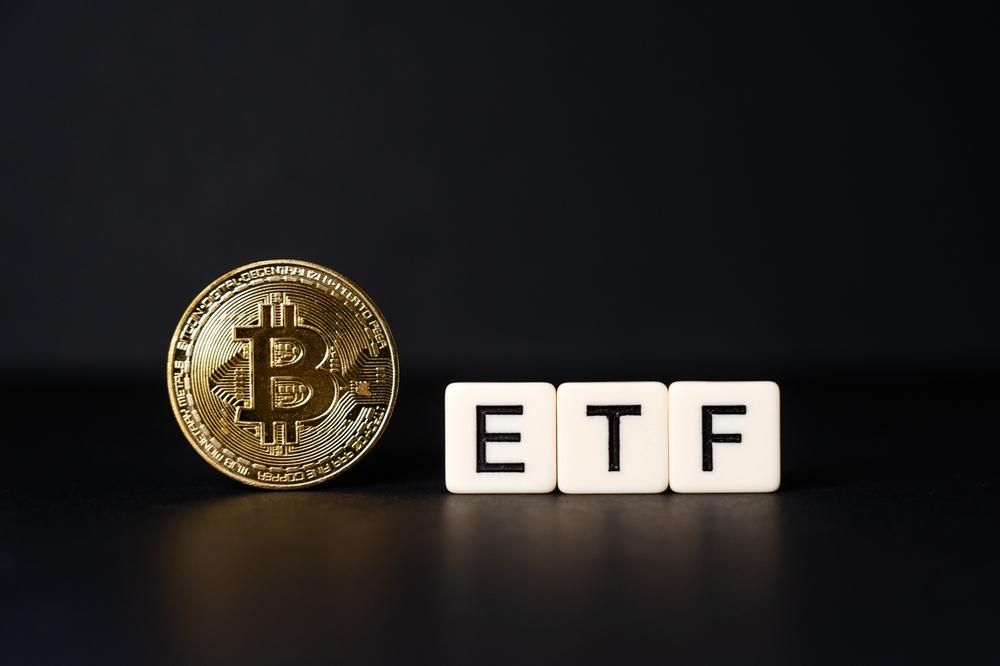Tepid responses from investors marked the debut of nine freshly minted Ethereum futures exchange-traded funds (ETFs), despite preceding enthusiasm surrounding their launch. The emergence of these financial products on October 2 meant that they were specially crafted to meticulously follow the futures contracts aligned with the value of Ethereum's core currency, Ether (ETH).
A closer look reveals a subtler breakdown: five of these ETFs strictly adhere to Ether futures, while the remaining four cast a wider net, capturing both Bitcoin (BTC) and ETH futures contracts within their purview. Eric Balchunas, a seasoned ETF analyst at Bloomberg, highlighted via a social media platform, X (previously Twitter), that the total trading volume for all nine ETFs did not surpass the $2 million benchmark during the middle of the initial trading day, expressed through Eastern Time.
The Ethereum futures ETF from Valkyrie, branded as the Bitcoin Strategy ETF, spotlighted a strategy intertwined with both Bitcoin and Ether. It managed to accumulate a trading volume totalling $882,000, positioning itself as the most sought-after ETF product among its peers. It’s pertinent to indicate that this ETF wasn’t a newcomer to the trading floors, having been in circulation as a solely Bitcoin-focused futures ETF since October 2021, only recently opting to weave ETH into its strategy.
Contrast is found when paralleling these launch-day volumes with the likes of the ProShares Bitcoin Strategy ETF. In its October 2021 debut amidst a vibrant cryptocurrency market, this ETF captivated more than $1 billion in trading volume on its inaugural day. While, comparatively, these new offerings may seem underwhelming, Balchunas pointed out that, in the broader perspective of traditional finance ETF launches, these figures are far from negligible. However, the investor appetite seemingly veers towards spot ETF products over their futures counterparts.
Balchunas elucidated that the simultaneous launch of all ETF products was a strategic move orchestrated by the SEC. The regulatory body aimed to thwart the likelihood of a single fund monopolizing the market.
Elsewhere, as various United States-based firms vied for supremacy in the fledgling Ether futures market, ETF company Volatility Shares withdrew its plans for listing a similar product, citing a lack of opportunity in the current climate as the reason for its decision.
























Comment 0